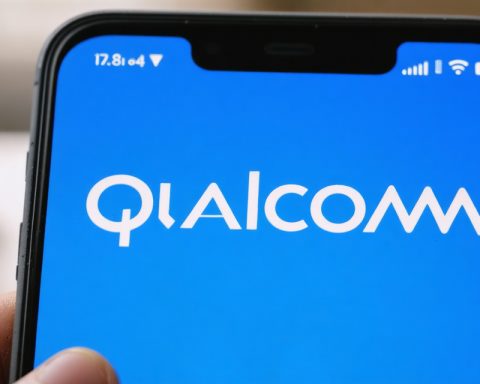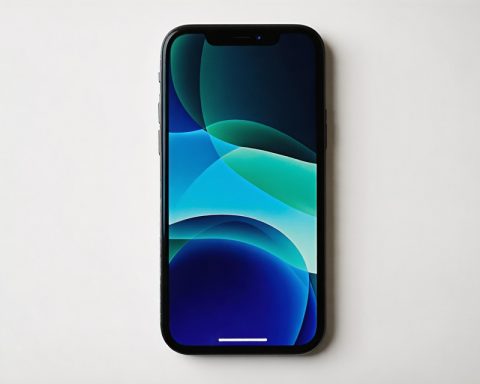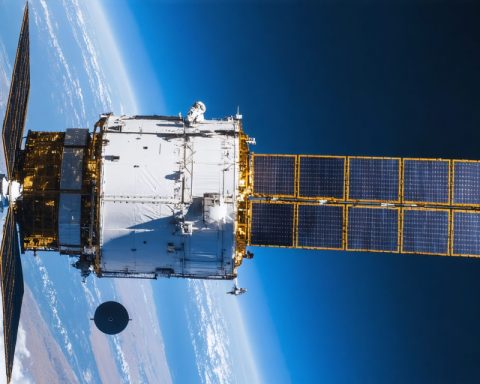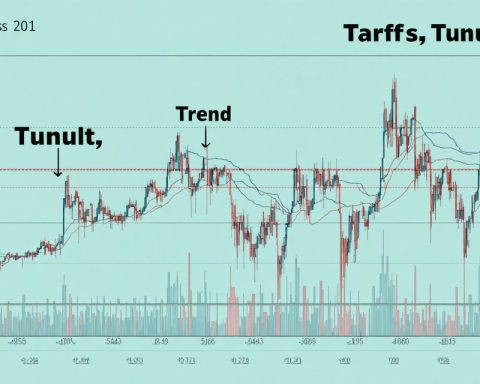Indonesia persists in halting sales of the iPhone 16, despite Apple’s ambitious pledge of a US$1 billion investment. The core issue remains unresolved: Indonesia’s stringent local content regulation, which insists that 40% of a phone’s components must be sourced locally. This policy aims to draw significant technology investments into the country.
Even with Apple’s plans to launch an AirTag production facility on Batam Island—a plant set to fulfill 65% of global AirTag requirements—the sales ban has not been lifted. The Indonesian government, striving for compliance with domestic sourcing laws, remains firm on its stance, as AirTags are categorized as accessories and do not meet the specified content criteria for phones.
In response to the October ban, Apple proposed an additional US$100 million investment. However, this offer was not accepted, as it failed to address the primary compliance issues. A government counterproposal has been proposed, encouraging Apple to take swift action to resolve the deadlock.
While commercial sales of the iPhone 16 are still barred, individual imports continue, with an estimated 11,000 units entering Indonesia from August to November 2024. Similar restrictions impact Google’s Pixel smartphones, illustrating a consistent enforcement of domestic content rules across major tech companies.
Indonesia remains steadfast, suggesting that Apple needs to better align their investments with local regulations to see a potential lift of the sales prohibition.
The Local Content Dilemma: Why Indonesia’s Ban on the iPhone 16 Persists
Overview of Indonesia’s Local Content Regulations
Indonesia is maintaining a firm stance on its ban of the iPhone 16, despite a significant investment proposal from Apple. Under Indonesia’s stringent local content regulations, at least 40% of the components of a phone must be sourced locally. These regulations are designed to boost local economic growth and attract more technology investments to the nation.
Apple’s Investment Moves and Challenges
Apple has committed to a substantial US$1 billion investment in Indonesia. As part of this, the company plans to establish an AirTag production facility on Batam Island. This facility is expected to meet 65% of global AirTag demand. However, despite this ambitious investment, the ban on iPhone 16 sales remains due to regulatory non-compliance, as AirTags are considered accessories and do not influence phone compliance.
Government’s Response and Proposals
The Indonesian government remains immovable in its enforcement of the domestic content law. Apple’s subsequent proposal of an additional US$100 million investment in October did not lead to a compromise. Instead, the government urged Apple to take more significant steps to resolve the compliance issues, indicating that investment alone would not suffice without meeting the 40% local content requirement.
Current Market Scenario: Individual Imports and Other Tech Companies
Despite the commercial sales prohibition, individual imports of the iPhone 16 are ongoing, with around 11,000 units estimated to have entered Indonesia between August and November 2024. This scenario highlights a loophole, whereby consumers find ways to acquire the device despite the ban. Similarly, Google’s Pixel smartphones face comparable restrictions, demonstrating Indonesia’s consistent enforcement of its regulations on both Apple and other major tech companies.
Future Predictions and Industry Implications
This continuous regulatory enforcement signals the Indonesian government’s commitment to fostering a more locally sourced technology market. For global tech giants like Apple and Google, this calls for strategic alignment with these regulations. Future negotiations and investment strategies will need to focus on meeting these local content criteria to facilitate product sales within the region.
For more information on Apple’s efforts and investments, visit the official Apple website.


















